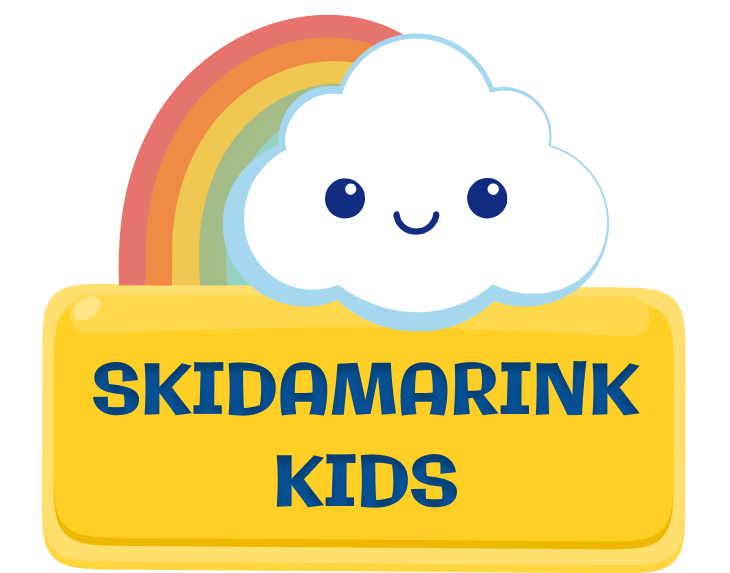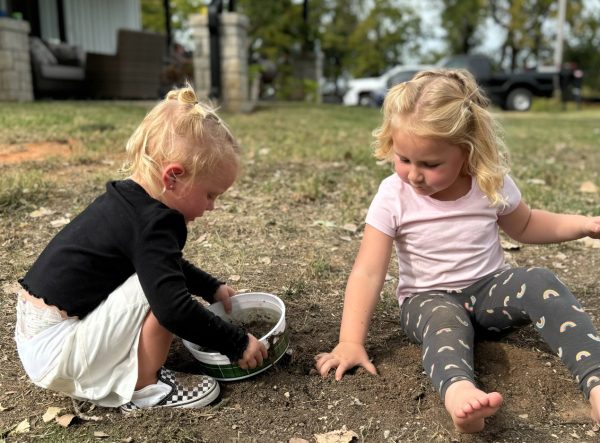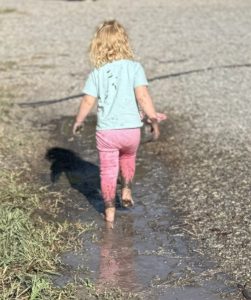How to Help Your Toddler Develop Play Skills
Watching toddlers play is one of the most rewarding parts of parenting. Those tiny imaginations are blossoming, but play is much more than just fun—it’s essential for their development! Through play, toddlers learn important skills like problem-solving, sharing, communication, and creativity. If you’re wondering how to encourage your little one to develop healthy play habits, you’re in the right place. Here are some simple strategies to foster your toddler’s play skills.
- Create a Safe and Inviting Play Space
A clutter-free, child-friendly play area encourages exploration. Having a space where toddlers feel safe allows them to play freely without interruption. You don’t need a fancy playroom—just a cozy corner with soft flooring and access to their toys.
Pro Tip: Rotate toys every few weeks to keep things fresh and exciting without overwhelming your child.
- Follow Their Lead
Toddlers learn best when they are engaged in what interests them. Instead of directing their play, observe and follow their lead. If they start stacking blocks instead of using a toy the “right” way, go with it! The goal is to let them explore freely and boost confidence in decision-making.
- Incorporate Open-Ended Toys
Open-ended toys allow children to use their imagination in endless ways. Think blocks, play dough, dolls, or art supplies. These toys encourage creativity and problem-solving. A set of wooden blocks, for example, can become a house one day and a bridge the next!
- Model Social Play
Toddlers are still learning how to engage with others. Get down on their level and model play behaviors, such as taking turns, sharing, and showing empathy. When playing together, use phrases like, “My turn,” and “Now it’s your turn,” to teach patience and cooperation.
- Encourage Parallel Play with Other Children
Parallel play—when toddlers play side by side without directly interacting—is an important developmental stage. It helps them learn about social cues while still engaging in their own activities. As they grow, this will naturally evolve into more interactive play.
Playdate Tip: Don’t stress if the kids don’t interact much initially. Sitting near each other with their own toys is perfectly normal at this stage.
- Provide Sensory Play Opportunities
Toddlers learn about the world through their senses. Activities like water play, finger painting, or playing with sand help develop fine motor skills while also engaging their curiosity. Sensory play is also a great way to support emotional regulation.
Try This: Make a sensory bin using items like rice, pasta, or pom-poms for your child to explore with their hands.
- Allow Time for Independent Play
It’s important for toddlers to learn how to entertain themselves. Independent play helps develop problem-solving skills and creativity. Start with short sessions where they play independently while you’re nearby, then gradually extend the time.
- Use Play to Build Language Skills
Playtime is the perfect opportunity to encourage language development. Describe what your child is doing as they play: “You’re building a tall tower!” This exposes them to new words and phrases in a natural way. Pretend play, like having tea parties or acting out stories with stuffed animals, is also fantastic for developing communication skills.
- Embrace Messy Play
Messy play can be daunting, but it’s great for toddlers! Activities like painting, water play, or digging in the dirt foster creativity and fine motor skills. Set up a designated area for messy play and embrace the chaos—it’s worth it.
Quick Clean-Up Tip: Use washable materials and keep a towel or wet wipes nearby to make post-play cleanup easier.
- Celebrate Small Wins and Stay Patient
Remember, developing play skills takes time. Every new interaction, every block stacked, and every imaginative story is a step forward. Celebrate the small milestones and be patient with their progress—it’s all part of the journey.
Final Thoughts
Play is one of the best ways toddlers learn about the world around them. With a little encouragement and lots of patience, you can help nurture your child’s creativity, social skills, and independence through play. Just remember—there’s no right or wrong way to play. The key is to be present, enjoy the process, and have fun watching your little one grow and explore!
What play activity has been a hit with your toddler lately?
– Ali



